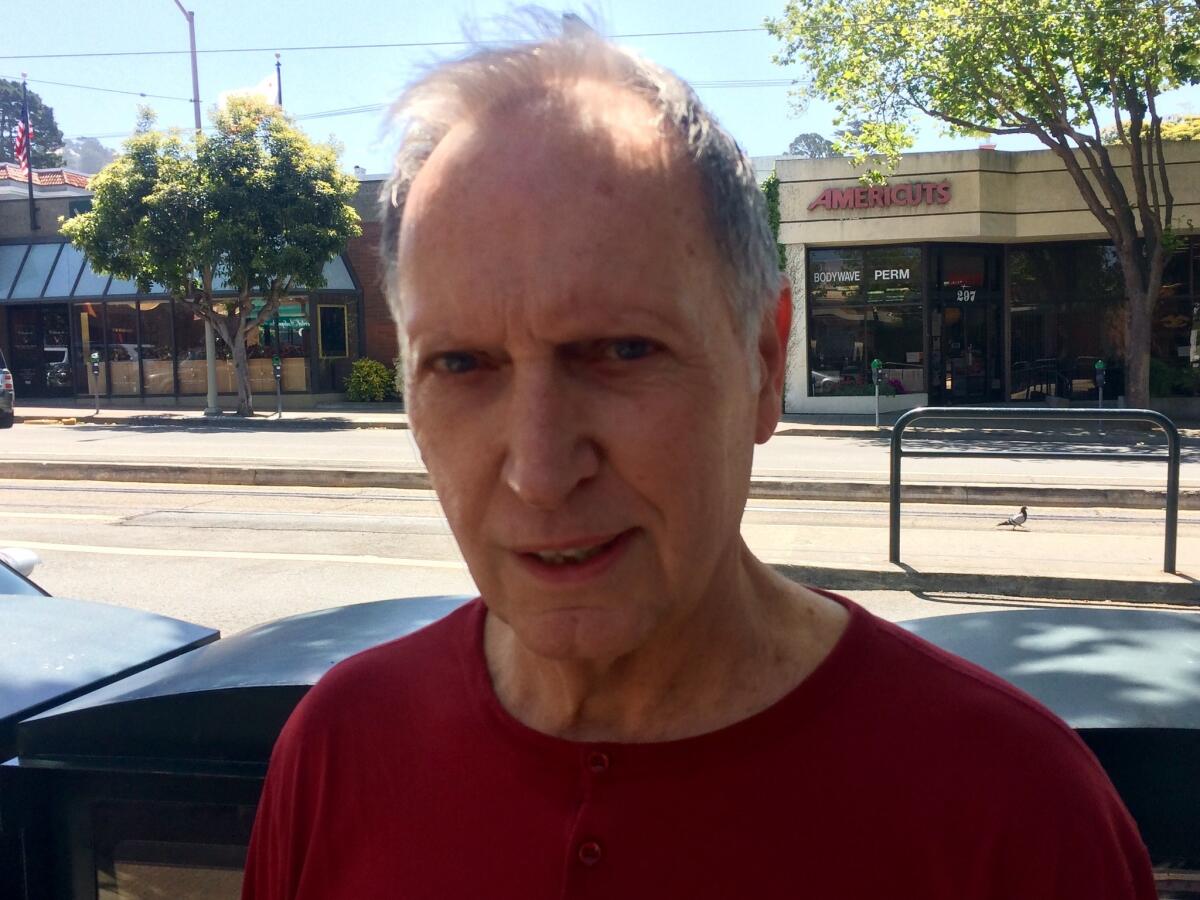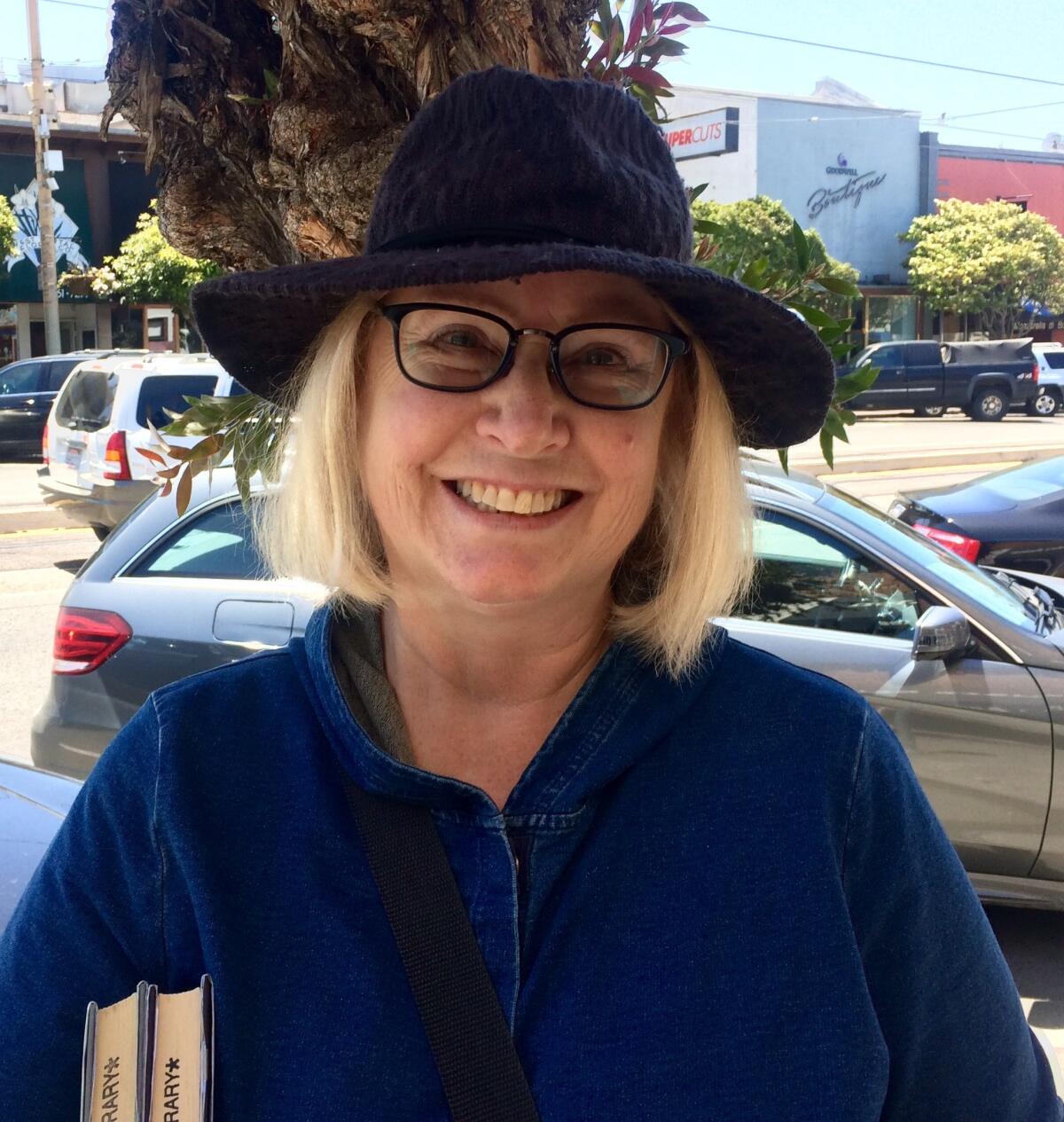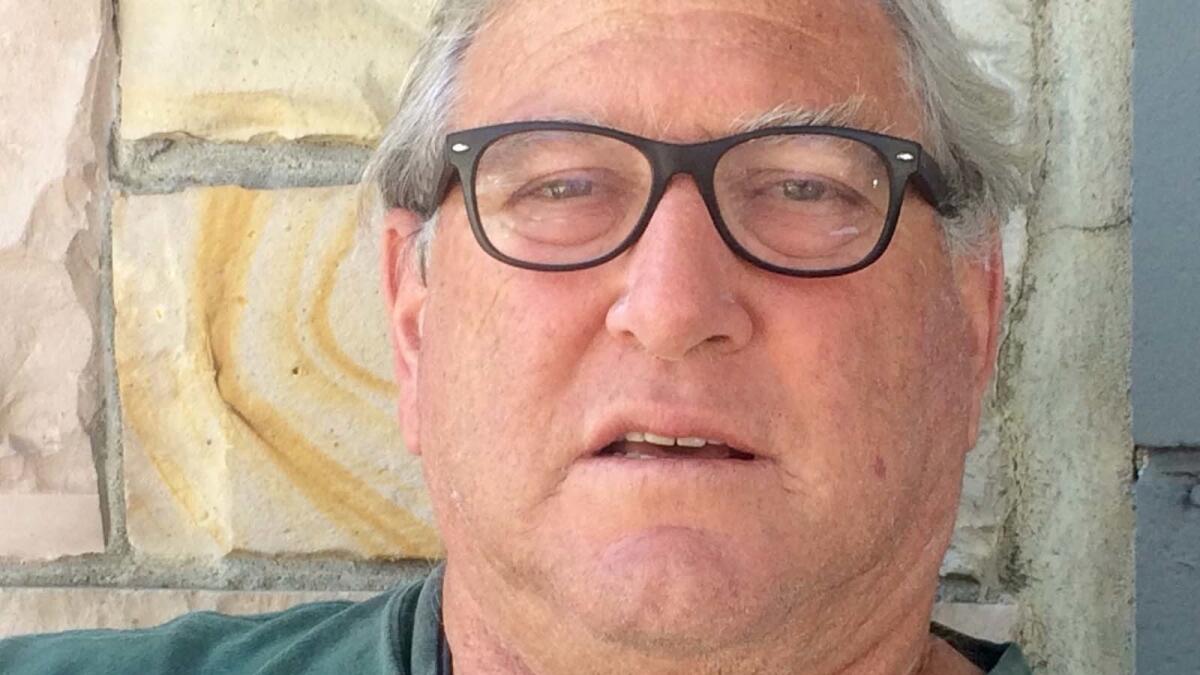On Politics: Who will be the next governor of California? It’s a mystery to these voters
- Share via
Reporting from Tracy, Calif. — Who’ll be the next governor of California? It’s a complete and utter mystery.
Insurance Commissioner Gavin Newsom? Antonio Villagarosa? Kamala Harris?
Actually, none of the above.
Newsom is California’s lieutenant governor, not insurance commissioner. The former mayor of Los Angeles spells his name Villaraigosa. And unlike those two, Harris is not even running for governor; indeed, she’s just starting to warm the U.S. Senate seat she won in November.
The fight to succeed Democrat Jerry Brown is likely to be the most wide-open and unpredictable California governor’s race since at least 1998, when the overwhelming underdog Gray Davis surged to victory in the final weeks of the Democratic primary and took the office in a November landslide.
One would hardly know it, though, talking to voters who haven’t the foggiest notion who’s pursuing the job.
In more than three dozen interviews throughout the Bay Area and its fringes — with Democrats, Republicans and independents ranging in age from their early 30s to late 70s — fewer than a handful could properly identify Newsom, who formally announced his candidacy in early 2015.
The number just about matched those who named Villaraigosa, incorrectly, or cited Harris as a candidate. She may be pleased to know both were fans, in case the freshman Democrat changes her mind about the governor thing.
It’s the best place in the world and the hardest place in the world.
— Cathy Turney, a real estate broker in Concord
As for the other formally declared Democratic candidates, state Treasurer John Chiang and former state schools chief Delaine Eastin, or the sole Republican seriously running, venture capitalist John Cox: Voters had not a clue.
Which is not to suggest the average Californian is ignorant or apathetic. State politics has never been a consuming interest in California; it’s more like baseball or football, drawing attention for a few months during the season, then receding into the background for all save the most passionate fans.
All of which underscores the disconnect between your average Californian and the political insiders, obsessed as they are over the fight for chairmanship of the state Democratic Party, or the litmus test imposed by liberals pushing a Sacramento-run universal healthcare plan.

There is plenty that will happen in the next 17 months to shape the mood of voters. But for now, at least, candidates aren’t facing the angry electorate that thrust the GOP into the majority in Sacramento in 1994 or grudgingly reelected Davis in 2002, only to pitch him from office less than a year later in an unprecedented recall.
“Things are going pretty well,” Democrat Jim Knoll, a 71-year-old retired sales manager, said on a sunny morning in San Francisco’s West Portal district, one of the more buttoned-down neighborhoods in the city. “The next governor needs to keep things on track.”
(Barring some epic shift, Brown’s successor will almost certainly be a Democrat and more likely than not the one who runs best in the Bay Area, which tends to have outsize influence in state elections.)
There were gripes, naturally.
Some grumbled that voters had no say in a gas-tax hike to pay for road and transit fixes. Or marveled that housing prices have gone from ridiculous to on-another-planet insane. Or lamented how “rush hour” has become a quaint notion in an age of 24/7 traffic tie-ups.
There was middling support, at best, for two of Brown’s pet projects: a plan to build two giant tunnels to ship Northern California water south and a bullet train between San Francisco and Southern California.
“That’s all about him leaving his legacy,” scoffed Republican Doug Thompson, 75, a retired healthcare executive, as he hefted groceries into the back of his SUV in upscale Alamo. “Use that money to fix the schools and improve infrastructure.”
For the most part, though, the prevailing sentiment was one of relative contentment; it seems very likely the incumbent would win a third term, if the law didn’t keep Brown from running again.
To that end, most hoped the next governor would largely continue in his steps, especially when it comes to fighting the Trump administration’s aggressive immigration stance and efforts to undermine the state’s tough environmental regulations.
“It’s important they stand up for the moral values — not just market values — that Trump seems to be throwing completely out the window,” said Democrat Mary Burns, 67, who retired from the public relations industry and now writes mystery novels set in West Portal.

There was decidedly less enthusiasm for the brio mustered by former Democratic Chairman John Burton, who flipped President Trump the double-bird at a recent state party convention and led a crowd chant of the f-bomb.
Don’t stoop to Trump’s level, most said, or engage in a tweet-for-tat back-and-forth with the petulant president.
“Forget about the little fights. Focus on the big things he’s screwing up,” said Larry Venner, 65, a renewable energy analyst and “reluctant Democrat,” as he paused outside the library in Tracy, where the Bay Area starts giving way to the Central Valley. “Stay away from symbolic fights that don’t mean anything.”
The single-payer healthcare proposal that enthralls liberal activists drew a far more tepid response. While many praised the notion of free quality medical care for all, they questioned who would pay the enormous cost, estimated at $330 billion to $400 billion annually.
High taxes are already a burden, many said, and what guarantees that raising them even higher would produce better healthcare, as the politicians promise?
“The money you send to Sacramento just seems to go into this general grinding machine and disappear,” said Democrat James de Avellar, a 67-year-old retired truck driver in Tracy.

If there was a rough prescription for the next governor, it seemed to be: Don’t attempt anything drastic. Focus on what’s achievable. Fix the roads. Make public schools better. Do something to improve public transit and make housing more affordable.
Living in California has always involved trade-offs: natural beauty vs. natural disaster. Pricey living vs. priceless amenities.
“It’s the best place in the world and the hardest place in the world,” said Cathy Turney, a real estate broker and Democrat of a certain age (“call me a mature adult”), as she headed to a lunch date in Concord’s historic Todos Santos Plaza.
That’s unlikely to change, whoever the next governor turns out to be.
@markzbarabak on Twitter
ALSO
John Dean helped bring down Richard Nixon. Now he thinks Donald Trump is even worse
All is not peachy as Georgia congressional race takes a detour through San Francisco
What Democrat would be crazy enough to challenge Nancy Pelosi on her home turf? Meet Stephen Jaffe
More to Read
Get the L.A. Times Politics newsletter
Deeply reported insights into legislation, politics and policy from Sacramento, Washington and beyond. In your inbox twice per week.
You may occasionally receive promotional content from the Los Angeles Times.











